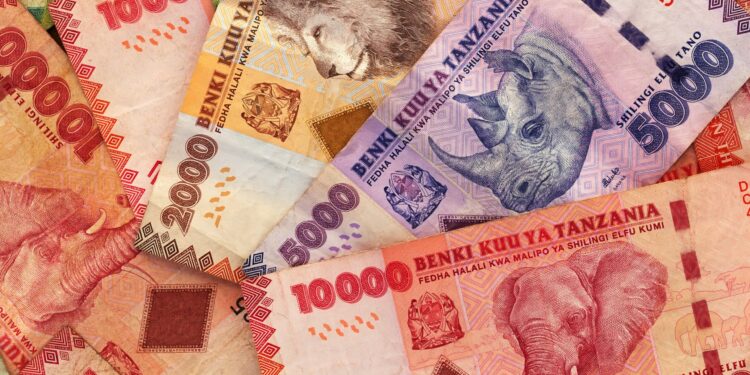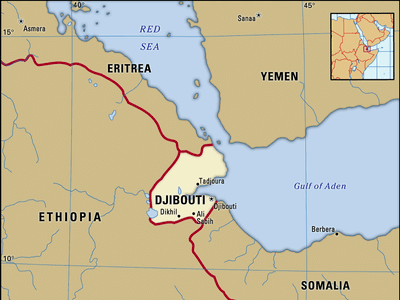Tanzania Steps Up Dollar Control to Save Local Currency

In its latest move to limit transactions using the dollar, the Tanzanian government has ordered all visiting tourists to pay fees and park charges using the Tanzania shilling.
In a notice issued by the ministry of Tourism and Natural Resources, all payments will be converted to the local currency based on the exchange rate stipulated by the Bank of Tanzania (BoT)This follows another directive from the Finance Minister, Mwigulu Nchemba, which effectively banned local transactions using the dollar in order to stabilize the Tanzanian shilling. The government initiative in limiting the usage of foreign currencies targets various fronts including the purchase of business licenses by foreign firms and even filming permits. “All tourism business operators, tour guides, individuals or institutions issued with Control Number in US dollars before July 1, 2024 will need to pay based on the currency specified in perspective Control Number until August 1, 2024,” the notice stated.
The Tourism industry in Tanzania raked in about US$ 3 billion last year compared to US$ 2.5 billion in 2022. As a major foreign exchange earner, charges in tourism parks and centers were mostly listed in dollars. However, the government intends to prevent future dollar shortages by controlling demand.
During the 2024/25 budget presentation in the Tanzanian parliament, Finance Minister Mwigulu Nchemba cautioned that the dollar black market sustained by heightened demand of the greenback, posed significant risk to the local economy.
Technically, domestic payments are supposed to be made with the local currency in accordance with the Bank of Tanzania’s Act 2006. A similar notice was issued by the nation’s Central Bank in June last year, but it is likely no progress ensued.
This renewed directive, if not enforced, will ultimately be undercut as businesses are likely to continue receiving payments in dollars. It is difficult for the government to supervise every transaction made in tourism private sector, and business owners such as restaurant and hotel owners pursuing ultimate value will be unmoored by restrictions meant to enforce the use of the local currency.
The move seen as a strategy to ramp up the county’s foreign reserves may have unintended effects. The mandatory use of local currency by tourists could disincentivize the sector’s players hurting one of the country’s most valuable revenue source.
Why now?Many countries around the world are increasingly skeptical of the dollar’s dominance in their markets. The greenback has been viewed as an instrument of policy imperialism used by the United States and its allies. To prevent over-reliance on this foreign currency, countries are trying to prop up the utility of their local currencies by restricting the usage of the dollar in local economies.
Moreover, some countries are now hastening bilateral links that would oversee trade and commerce in respective local currencies, as opposed to using the dollar. These government to government deals are in response to dollar shortages occasioned by the Federal Reserve’s rising interest rates, and there was need to change tact in fulfilling the payment of demanded imports amidst forex shortages
In June, the 50-year deal between Saudi Arabia and the United States fostering the petrodollar ended. This allows the Middle Eastern country to diversify its sale of oil in other currencies such as the Chinese Yuan – a factor that is likely to see the Federal Reserve constrict dollar supply globally.
See Also:
Tanzania Hikes Interest Rate to 6 Percent
ADVERTISEMENT



